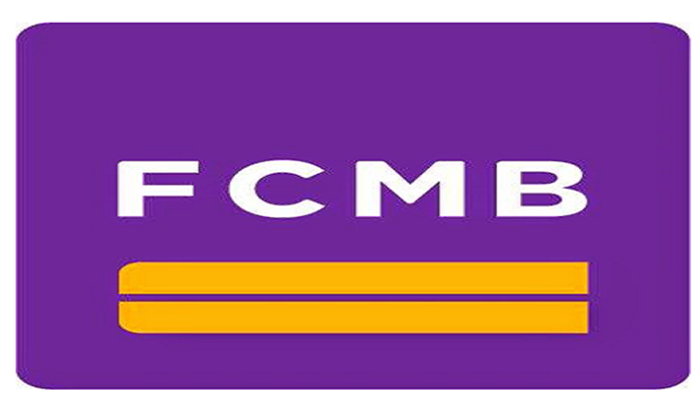October 25, 2019
by CardinalStone Research
The Central Bank of Nigeria (CBN) recently announced the exclusion of non-bank locals (individuals and corporates) from participation in its Open Market Operations (OMO) at both the primary and secondary market. The exclusion implies that only Deposit Money Banks (DMBs) and Foreign Portfolio Investors (FPIs) can participate in OMOs, while everyone else, including non-bank financial institutions, will have to shift focus to T-bills and other investment options.
We believe the CBN’s policy is largely in line with its drive to divert liquidity away from risk free instruments to the real sector. Prior to the current move, the apex bank instructed banks to prevent customers with outstanding loans and recipients of intervention funds from investing in T-Bills or OMOs. Restricted from participation in OMO transactions, retail and institutional actors will have to seek alternative destinations for their funds, creating extra liquidity in other assets. Below are the likely implications of the restrictions on fixed income and equity markets.
Fixed Income
The most suitable alternative for OMO bills will be investment in government T-Bills as they are similar in tenor and have been largely interchangeable in recent years. We, therefore, expect to see increased demand in the bills market and at subsequent NTB auctions through the year, given that c.27.7% of total OMO maturities (c.N1.2 trillion in November and December alone) due to non-bank locals cannot be rolled over in coming months.
This, together with NTB maturities and other autonomous inflows, is expected drive yields lower at the secondary market (both the bond and money market). On average, yields declined by 15bps across the bills curve and 4ps in the bond market yesterday, the first trading session since the release of the circular.

An alternative destination for extra liquidity could be fixed deposits, which currently yield between 6.7-13.0%. Increased placements may, subsequently, force DMBs to proportionately grow lending in order to meet the new LDR requirement. In our view, current term deposit rates may also fall below current levels as yield environment softens and demand for the product increases. This is likely to reduce the funding cost of banks. We, however, note the potential offset from a likely moderation in asset yields.
Corporate bonds and commercial papers are the other investment alternatives in this segment. Investors are expected to demand a spread that partly reflects the relative illiquid nature of these instrument as well as the risk of the issuer.
Equity
The restriction of key corporates, such as PFAs and Insurance companies, from participation in OMO is likely to free up excess investable cash for allocation to assets beyond fixed income alternatives. We, therefore, see legroom for some flows into fundamentally strong equity names as treasury yields moderate.
Our view is also buttressed by the high earnings and dividend yields in the equity market space. For context, while some select names (especially within the tier 1 banking space) boast earnings yield in excess of 30.0%, the yield on the one-year T-bills is at 13.37%. In addition to this, dividend yields are likely to average 9.9% across our select universe, with the tier 1 banking names averaging 10.9%. High dividend yields are likely to attract institutional investors such as PFAs. The potential for capital gains in fundamentally sound counters further enhances the appeal of the equity market.

We also note that a lower yield environment is potentially positive for cash-strapped companies, as cost of financing working capital and capex is likely to moderate. This is likely to positively impact on earnings in subsequent quarters.
Conversely, cash rich companies that earn high finance income will be adversely affected by expected moderation in near-term yields.
Possible Macro Implications
The restriction of local corporates and individuals from participation in OMO is positive for borrowing costs (for corporates and the FGN) as yields are likely to moderate in the near term. The clear delineation of OMO from other money market instruments also allows the CBN to attract FPI’s with higher rates (for currency management) at a lower cost as the OMO sales are likely to reduce with the restriction placed on domestic non-bank investors.
The segregation of OMO from the local fixed income market substantially reduces the influence of foreign portfolio flows on local yield environment, which have in recent past led to pro-cyclical monetary policy.
The directive and others (including CBN’s new policy allowing banks to recoup payments by debiting the account of loan defaulters) is positive for credit creation.
We see scope for slight increase in dollar demand pressures as locals may increasingly source FX in a bid to latch on to the likely higher rates at the primary and secondary OMO markets by disguising as foreign investors.














